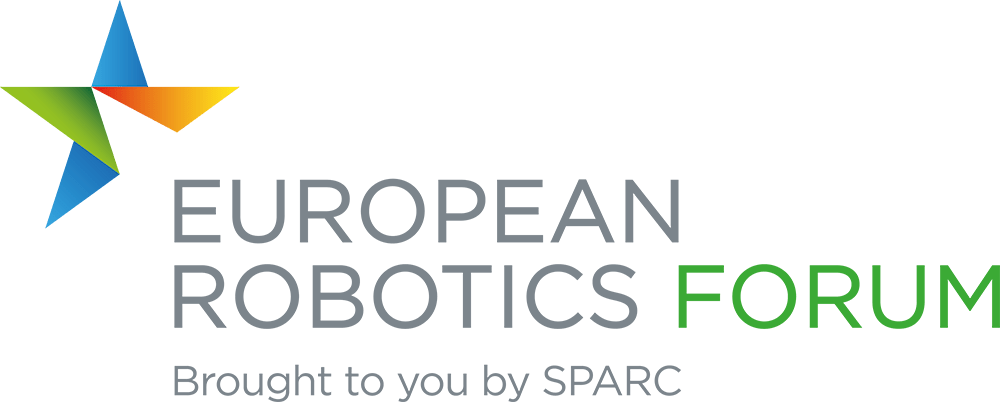ERF Workshop 2019: World Perception for Autonomous Applications in Agile Manufacturing
Organisers:
Dr. Michael SUPPA, Roboception GmbH, Germany
Prof Markus Vincze, Technical University of Vienna, Austria.
Dr. Loreto Susperregi, IK4 Tekniker, Spain.
Dr. Maximo Roa, Roboception GmbH, Germany.
Motivation and Objectives:
Perception is one of the key technologies for flexible production, including applications such as pick and place, machine tending, assembly, finishing, and quality testing. Robots must be able to reliably detect and locate work pieces, reference points, and human collaborators. In current semi-structured environment conditions for production, mostly 2D vision algorithms are used for applications such as object detection and pose estimation. In logistics, one of the hot applications in collaborative robotics nowadays, manual work is predominant due to the complexity of tasks and the variation of objects in the picking and packing stations. In order to enable flexible production, 3D vision technologies and methods are required. Also, the recent use of AI technologies opens up new ways of data interpretation and analysis. Therefore, the connection of these methods with innovative approaches show great potential for coping with perception requirements in agile production and logistics.
Agile Manufacturing requires a fast adaptation of a system to new environments. Many (especially learning) approaches require an extensive re-training of the system in the new environment. Current approaches aim at separation of the perception part from the general task description. This can be implemented through low-level perception modules, or through front-layers in the learning approaches. In both cases, the research in perception can help to do it more efficiently.
In this workshop, approaches from research and industry are presented and then discussed in an interactive session with the attendees. Business models for open source software and commercial platforms including data models are addressed to foster the discussion on the topic.
The presentations and notes on the discussion about the key questions will be provided on the website and distributed among the participants. The results will be considered in the future work by the Topic Group on Perception and its contributions to the Work Programme.
Agenda for March 21, 2019, Salon B:
10:45 -10:55: Introduction by moderators/definition of key questions
10:55-11:55: 12min presentations by selected participants:
- Use cases in perception for agile manufacturing, Dr. Maximo Roa, Roboception GmbH, Germany
- Vision techniques for robots in industrial and domestic environments, Prof. Markus Vincze, Vienna University of Technology, Austria
- Intelligent, flexible and safe operations in future factories, Dr. Loreto Susperregi, IK4-Tekniker, Spain
- Perception challenges in e-commerce, Dr. Graham Deacon, Ocado Technologies, UK
- InFuse, perception for space applications, Dr. Jeremy Gancet, SAS, Belgium
11:55-12:15: Interactive session/roundtable discussion of key issues with all speakers and audience
12:15-12:30: Conclusion for roadmapping and take home messages
